
Аннотация
From Publishers Weekly
Philadelphia attorney Mary DiNunzio, last seen in Killer Smile (2004), agrees to help her high school nemesis, Trish Gambone, at the start of this less than convincing thriller from bestseller Scottoline. Trish, whom Mary used to regard as the quintessential Mean Girl, has turned in desperation to the lawyer, the all-around Most Likely to Achieve Sainthood at St. Maria Goretti High School, because she wants to escape from her abusive, and possibly Mafia-connected boyfriend, Bobby Mancuso. Trish rejects Mary's practical suggestions for dealing with Bobby, but once Trish disappears, Mary finds herself under pressure from other high school classmates as well as people from her old neighborhood who blame her for not doing enough. Mary unwisely hides a connection with Bobby from the Feds, who then shut her out of the search for Trish when they learn of it. Scottoline fans will cheer Mary as she stumbles toward the solution, but others may have trouble suspending disbelief.
From The Washington Post
Most mysteries have at least two plots: the murder or heist or conspiracy that gets things going, and the quest for a solution. Merging these two lines of action isn't always easy, and bad mystery-writing is often marred by coincidences that strain credulity. In Lady Killer, Lisa Scottoline finesses this problem by setting her tale in Italian-American South Philadelphia, where her protagonist, Mary DiNunzio, grew up and where the victims and suspects still live. If someone pops up at a convenient moment, the reader doesn't wince: Everybody knows everybody else in this tightly knit neighborhood.
Mary herself is one of the nabe's success stories: a lawyer who represents injured and wronged parties from families just like her own. She may be a bit chary of standing up for herself (as her best friend at the firm points out, Mary is enough of a rainmaker to deserve a partnership, but she can't seem to persuade the boss of her worth). In the courtroom, however, she's a tiger.
Having come a long way (figuratively) from South Philly, Mary is not pleased when the Mean Girls stop by her office: first Trish Gambone and later her acolytes, Giulia, Missy and Yolanda, all of whom made life hard for nerds like Mary in their years together at St. Maria Goretti High. They're the ones who dated the Big Men on Campus and mocked the kids who studied and took part in square activities like debate and student journalism, but they're now stuck in low-paying jobs and still wearing the miniskirts and excess makeup of their youth, while Mary flourishes. Even so, seeing them makes Mary wonder if she is "the only person who had post-traumatic stress syndrome – from high school."
Trish drops in on Mary to plead for help in dealing with Bobby, one of those former Big Men, now Trish's boyfriend. Except he has grown up to be a mobster who's in the habit of belting Trish when he gets angry and jealous; he does it craftily, though, giving her blows to the body rather than the face so that she's not a walking billboard for his brutality. Trish is scared that Bobby will carry out his recent threats to kill her, and Mary recommends going to court for a restraining order. Trish vetoes that idea because Bobby has been skimming money from his drug deals, and the notoriety of a court appearance could lead to his being whacked. When Mary can't think of any other solution, Trish walks out of her office in despair.
Shortly afterward, she goes missing, and the other Mean Girls blame Mary for stiffing their friend in her time of need. To make things right, Mary neglects her law practice while chasing leads all over South Philly and beyond.
In the meantime, Mary is getting to know Anthony, a handsome bachelor whose only drawback is that he's gay. This leads to some good quips: "Mary had been on so many blind dates that it was a pleasure to be with a man who had a medical excuse for not being attracted to her." But then new information develops. As Mary and Anthony find themselves having more and more fun together, only the dimmest reader will fail to guess that Anthony's gayness, like Mark Twain's reported death, is greatly exaggerated.
Scottoline brings her characters to vivid life, the two strands of her plot mesh seamlessly, and her sharp sense of humor makes an appearance on almost every page. About the only ingredient missing from her book, however, is a crucial one: suspense. It's a given, of course, that the protagonist/detective will survive in the end, but Mary never runs into any appreciable danger, and her creator fails to impart a sense of menace to the lives of any other characters. Lady Killer ends up being funny and stylish, but almost as cozy as an Agatha Christie novel. That's a hell of a complaint to have to make about a tale of the South Philly mob.
![Die Anwältin Rita Morrone blufft im Gerichtssaal so gut wie in ihrer wöchentlichen Pokerrunde. Ihr neuester Fall: Der angesehene Bundesrichter Hamilton, Vater ihres Verlobten Paul, wird von seiner Sekretärin Patricia Sullivan der... Die Lady mischt die Karten [de]](https://www.rulit.me/data/programs/images/die-lady-mischt-die-karten-de_265222.jpg)

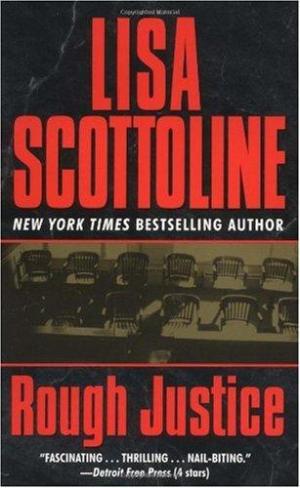
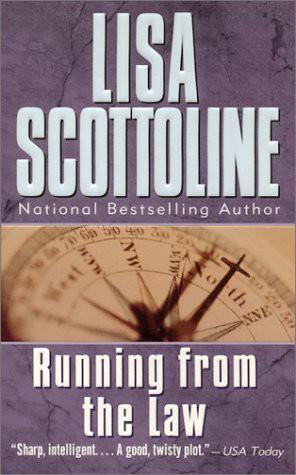
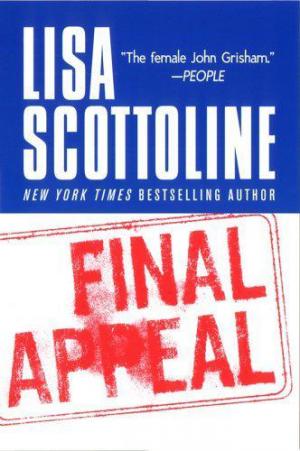
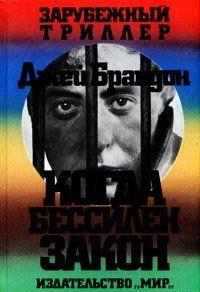
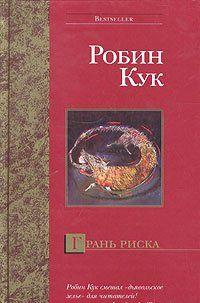
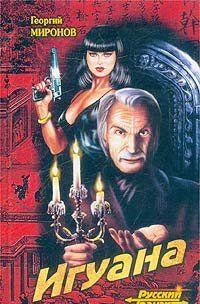

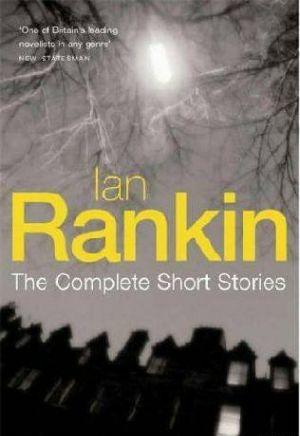

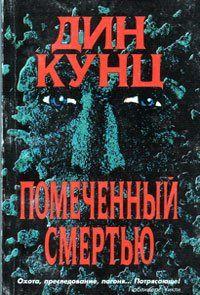
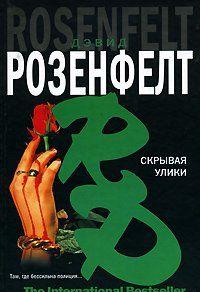
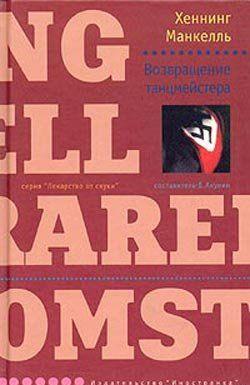
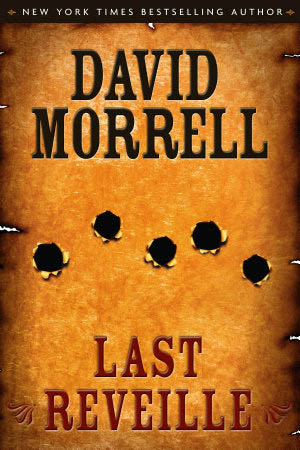

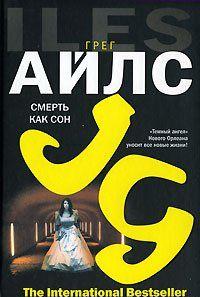
Комментарии к книге "Lady Killer"